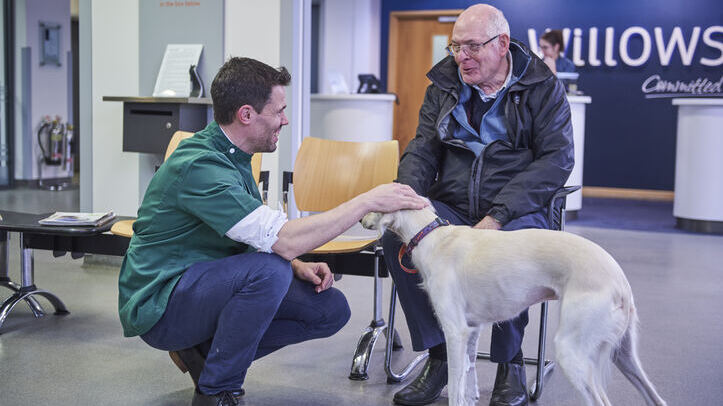Veterinary practices are taking part in an ‘antibiotic amnesty’ this month, the first time the initiative has been extended to medicines for the companion animal and equine sectors.
The campaign encourages the public to return out-of-date and unused antibiotics to practices for safe disposal instead of disposing of them themselves, in order to help tackle the growing issue of antimicrobial resistance (AMR).
The amnesty is taking place during November 2022, intended to overlap with World Antibiotic Awareness Week, a World Health Organisation Initiative running on November 18-24. The campaign is an extension of the amnesty first introduced by NHS England (Midlands) in November last year, which encouraged the public to return old or unwanted antibiotics to community pharmacies and resulted in almost 8,000 amnesty-related conversations with patients and nearly 500 packs of antibiotics returned for safe disposal. Participating veterinary practices will also be accepting human antibiotics this year and redirecting them to NHS pharmacies.
The public information campaign is warning consumers that throwing unwanted antibiotics in the bin or flushing them down the toilet can contaminate the environment, leading to more resistant bugs that could harm human and animal health.
Veterinary groups taking part in the amnesty include CVS Group, IVC Evidensia, Linnaeus and Vets4Pets. Practices are being encouraged to promote the campaign through reception posters, reminders by client care teams, updates on social media and website resources.
Pet owners will also be asked to complete a short survey on the RUMA CA&E website.
Fergus Allerton, AMR lead at veterinary group Linnaeus, is helping to coordinate the amnesty on behalf of the veterinary sector. He said: “The veterinary profession has a responsibility to ensure judicious use of antimicrobials. AMR has been declared one of the top ten global public health threats by the World Health Organisation and all environmental contamination with antibiotics will only worsen this issue.
“With the veterinary sector collaborating with human health colleagues on this amnesty, we are adopting a One Health approach to support the welfare of people, pets and the planet. In doing so, we can jointly help to reduce the risk of AMR and preserve the efficacy of important antimicrobials long into the future.”
Dr Conor Jamieson, regional antimicrobial stewardship lead, Midlands Region at NHS England, added: “Delivering a coordinated response across all types of healthcare provision will make a much bigger impact on addressing AMR. This One Health approach provides more opportunities to educate the public and encourage positive behaviour when disposing of antibiotics.”
From June 2023 it will be a regulatory requirement for all practices to actively take back medicines under the RCVS Practice Standards Scheme at veterinary general practitioner level.



